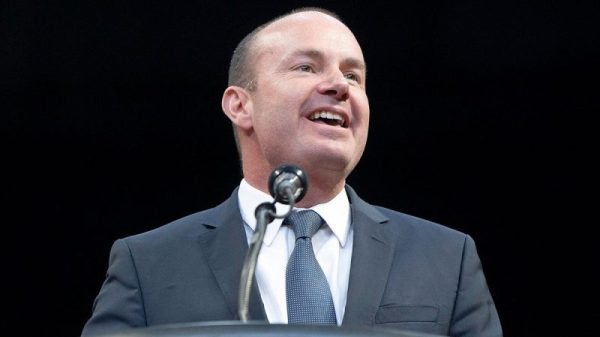The recent sentencing of Backpage co-founder Michael Lacey to five years in prison has sent shockwaves through the online community, highlighting the broader implications of illegal activities facilitated by online platforms. The case against Lacey and his co-founder, James Larkin, stemmed from accusations that Backpage knowingly facilitated and profited from illegal prostitution and human trafficking through its classified ads section.
The sentencing of Lacey serves as a cautionary tale about the responsibilities that come with operating an online platform. While websites like Backpage may have started with the intention of providing a space for classified ads and services, they can quickly become havens for illegal activities if not carefully monitored and moderated. The case underscores the need for online platforms to take proactive measures to prevent abuse and exploitation on their sites.
In recent years, there has been a growing awareness of the role that online platforms play in facilitating illegal activities, such as human trafficking, sex trafficking, and the exploitation of vulnerable individuals. While the internet has opened up new opportunities for communication and commerce, it has also created new challenges for law enforcement and regulators seeking to combat illicit activities in the digital realm.
The crackdown on Backpage and its founders reflects a broader trend towards holding online platforms accountable for the content that is posted on their sites. In recent years, lawmakers and law enforcement agencies have taken steps to increase transparency and accountability among online platforms, particularly when it comes to activities that may be illegal or harmful to individuals.
While the sentencing of Michael Lacey may serve as a deterrent to other online platform operators, it also raises important questions about the balance between free speech and the need to prevent illegal activities online. As the internet continues to evolve and new technologies emerge, there will be an ongoing need to adapt laws and regulations to address the challenges posed by online platforms.
In conclusion, the sentencing of Backpage co-founder Michael Lacey to five years in prison underscores the importance of holding online platforms accountable for the content that is posted on their sites. While the internet presents new opportunities for communication and commerce, it also creates new challenges for law enforcement and regulators seeking to combat illicit activities in the digital realm. Moving forward, it will be crucial for online platform operators to take proactive measures to prevent abuse and exploitation on their sites, while also respecting the principles of free speech and open communication.






















